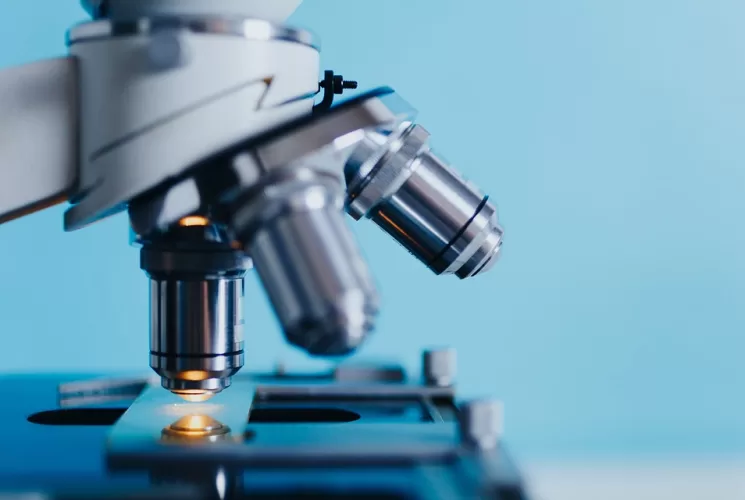
In recent years, the field of biotechnology has emerged as a key player in driving sustainable development and building a greener future. With the pressing need to address environmental challenges and reduce our dependence on non-renewable resources, biotechnology offers innovative solutions that can revolutionize various industries while minimizing their ecological impact. In this article, we will explore the intersection of biotechnology and sustainability and how it is shaping a more sustainable future for all.
Biotechnology involves harnessing living organisms, such as bacteria, yeast, and plants, to develop products and processes that benefit society. It encompasses a wide range of applications, including agriculture, energy production, waste management, and healthcare. By leveraging the power of nature, biotechnology has the potential to transform traditional practices into more sustainable alternatives.
One of the most significant contributions of biotechnology to sustainability lies in agriculture. Traditional farming practices often rely on synthetic fertilizers and pesticides, which can harm the environment and deplete natural resources. Biotechnology offers a greener approach through the development of genetically modified organisms (GMOs) that are resistant to pests, diseases, and harsh environmental conditions. These GMOs can increase crop yields while reducing the need for chemical inputs, resulting in less pollution and land degradation.
Furthermore, biotechnology plays a crucial role in sustainable energy production. As the world grapples with the challenges of climate change and dwindling fossil fuel reserves, alternative energy sources have become paramount. Biotechnological processes, such as the production of biofuels, offer a renewable and cleaner alternative to traditional fossil fuels. Biofuels are derived from organic matter, such as crops and waste materials, and can be used to power vehicles and generate electricity. By utilizing biofuels, we can significantly reduce greenhouse gas emissions and mitigate climate change.
Another area where biotechnology excels is waste management. Traditional waste disposal methods, such as landfilling and incineration, contribute to environmental pollution and the release of harmful gases. Biotechnology provides sustainable solutions by employing microorganisms to break down organic waste and convert it into valuable products. This process, known as bioremediation, not only reduces the volume of waste but also produces useful byproducts, such as biofertilizers and bioplastics. By embracing biotechnology in waste management, we can minimize the environmental impact of waste while simultaneously creating economic opportunities.
In the healthcare sector, biotechnology has revolutionized the development of life-saving drugs and therapies. Through genetic engineering and biopharmaceutical production, scientists can create medicines that are more effective and have fewer side effects. Biotechnology also enables the production of therapeutic proteins and antibodies, which are essential for treating diseases like cancer and autoimmune disorders. By advancing biotechnology in healthcare, we can improve patient outcomes, reduce healthcare costs, and foster a more sustainable healthcare system.
In conclusion, biotechnology is a powerful tool in the pursuit of sustainability. Its applications in agriculture, energy production, waste management, and healthcare demonstrate its potential to build a greener future. By harnessing the capabilities of living organisms, we can develop innovative and sustainable solutions that address pressing environmental challenges. As we continue to explore the possibilities offered by biotechnology, it is crucial that we prioritize ethical considerations and ensure responsible use to safeguard both the environment and human well-being. Together, biotechnology and sustainability can pave the way for a more sustainable and prosperous future for generations to come.
© Copyrights by Soulfulls. All Rights Reserved. Developed by Soulfulls